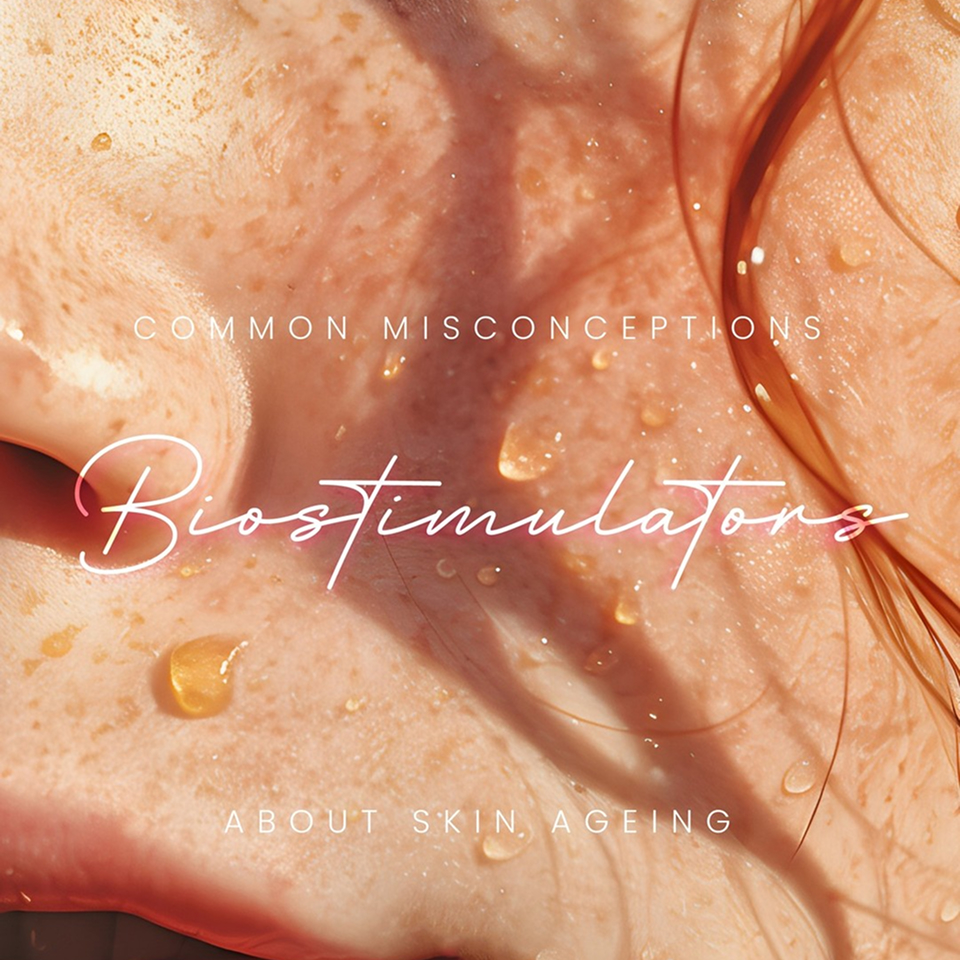Pelvic Floor Changes After Childbirth: When Should You Seek Support?
Childbirth brings about profound changes in a woman’s body, and one area that often goes unspoken—yet greatly impacts daily comfort and long-term wellbeing—is the pelvic floor. In Singapore, many women juggle work, family, and recovery with little time to pause and assess how their bodies are healing post-delivery.
At Asimont Clinic, we frequently consult women experiencing symptoms they didn’t expect: a heavy sensation in the pelvis, leakage when sneezing or coughing, or a feeling that things “aren’t quite right.” These may be signs of pelvic floor changes following childbirth. In this article, we explore how these changes occur, when to seek medical advice, and what treatment options are available.
What Is the Pelvic Floor?
The pelvic floor is a group of muscles, ligaments, and connective tissue that support key pelvic organs, including the bladder, uterus, and rectum. During pregnancy and childbirth, this supportive system is placed under immense pressure and stretching.
Common Pelvic Floor Changes After Childbirth
The extent of change varies depending on delivery type, duration of labour, baby’s weight, and individual anatomy. Some of the most common changes include:
- Pelvic organ descent (prolapse): A feeling of pressure or bulging
- Stress urinary incontinence: Leaking when laughing, sneezing, or jumping
- Weakened core stability: Linked to back pain and poor posture
- Changes in intimate sensation: Reduced muscular tone or tightness
When Are These Changes Normal, and When Should You Seek Help?
It is normal to experience some pelvic floor laxity in the early postpartum weeks. However, if you notice any of the following beyond 6 to 8 weeks post-delivery, a medical review is recommended:
- Ongoing urinary leakage
- Sensation of heaviness or dragging in the pelvis
- Difficulty controlling wind or bowel movements
- Pain or discomfort during intimacy
- Visible bulge from the vaginal area
Singapore Context: Why Some Women Delay Seeking Help
In our local context, postpartum recovery may be deprioritised due to:
- Cultural beliefs that such symptoms are normal
- Lack of structured postpartum support
- Busy return-to-work timelines
However, early identification and support can prevent long-term complications and improve quality of life.
How Asimont Clinic Can Help
We offer a medical approach to pelvic recovery. After a detailed consultation, our team may recommend one or more of the following, depending on your needs:
1. Pelvic Floor Assessment
A physical examination may be conducted to assess muscle tone, prolapse, or scar healing from episiotomy or tearing.
2. Pelvic Floor Rehabilitation
If needed, we may refer patients to pelvic physiotherapy or recommend muscle activation treatments that are non-invasive and tailored to each patient.
3. In-Clinic Treatments
Depending on the findings, you may be offered medical treatments that support vaginal tissue recovery, muscle tone, or mucosal health. These are selected only after assessment and carried out under medical supervision.
4. Postpartum Wellness Planning
We also advise on postpartum-safe exercises, posture correction, and lifestyle habits to support recovery without overexertion.
What to Expect During Your Consultation
At Asimont Clinic, all consultations are conducted with care, discretion, and adherence to PHMC guidelines. A typical session includes:
- Review of symptoms and childbirth history
- Pelvic examination (if appropriate)
- Discussion of findings and suitable options
Our focus is on helping you feel heard and guided through your recovery.
Can These Issues Improve Over Time Without Intervention?
In some women, mild symptoms improve with time, rest, and gentle pelvic floor exercises. However, more persistent or severe issues may not resolve on their own and can worsen with subsequent pregnancies or the physical demands of caregiving.
Prevention and Maintenance
Supporting your pelvic health doesn’t stop at six weeks postpartum. Ongoing support includes:
- Practicing pelvic floor exercises (Kegels) correctly
- Avoiding chronic constipation or heavy lifting
- Scheduling regular follow-up reviews, especially before planning another pregnancy
Why Early Support Matters
Unaddressed pelvic floor issues can lead to long-term complications such as pelvic organ prolapse or chronic urinary incontinence. By seeking care early, many of these issues can be managed effectively with conservative and non-invasive strategies.
📩 Book a Postpartum Pelvic Consultation
If you’re experiencing symptoms or simply want a check-up after childbirth, Asimont Clinic offers a supportive, medically guided approach.













